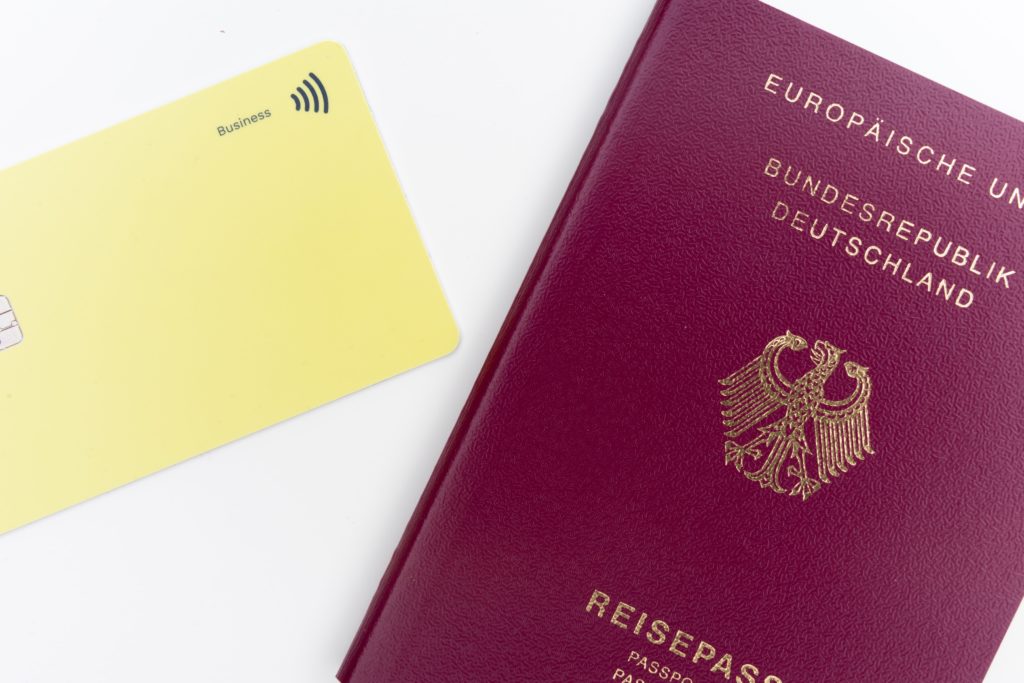AVoid the EU’s 90 day rule for non eu residents
After Brexit, British citizens can only spend 90 days out of each 180 days in the EU. If you want to spend more than that you need a residence permit from an EU country.
Let’s take a look at some of the options available.
Portugal
We looked at Portugal before here. It’s one of the easiest countries to get EU residency. You don’t have to buy property or make any kind of investment. You need to either have a job or prove that you have enough money to live in Portugal without working. You’ll also need a rental contract or, at least somewhere to stay so that you have an address there. If you can demonstrate around €25,000 you’re in! You will have an EU residence permit. Once you have your EU residency for Portugal you can register for the Non Habitual Resident Scheme. You can then live there tax free with some careful planning.
Bulgaria
Bulgaria offers a type of digital nomad visa, valid for 12 months. The same class of visa can also be used by retirees. You have to show that you have a bank account with at least 6 times the Bulgarian minimum wage available. You also have to show that you have somewhere to live such as a rental contract.
Spain
Spain is the most popular choice for British citizens living abroad. At least 350,000 Brits live in Spain. While it may not be as easy to stay in Spain after Brexit there are still many visa options available. The most straightforward is declaring yourself to be self-employed.
Provided you earn at least £24,000 per year as a freelancer or from investments you van get EU residency in Spain. You can apply for this visa at the Spanish embassy before leaving for Spain. It will take around 2 months to be approved. There are other categories of visa for Spain. There are family reunification visas if you already have family there. Visas for those working for a company in Spain are available too.
Malta
EU residency in Malta requires you to buy or lease a property there. Alternatively, you can invest €500,000 in your own business in Malta. There is also a minimum tax of €15,000 per year to be paid as well as other government fees. Malta is in the Schengen area. Residency in Malta will lead to citizenship after 5 years. A residency in Malta can be very tax friendly. If structured correctly you should never have to pay more than the annual minimum tax. You can find out more about getting an EU residence permit in Malta here.
Italy
Italy offers a variety of visa types for non EU residents. They have a start-up visa. The main condition is that you must start a business and invest at least €50,000 in it. There is also a golden visa that offers generous tax breaks if you have high income. You can invest in a business, make a philanthropic donation or buy a house for €500,000 or more. For this kind of visa you must have an income of at least €100,000 per year.
Italy also has a retirement visa, which may be one of the easiest routes to an Italian visa. You must have retirement income of at least €31,000 per year for a single person or €38,000 per year for a couple.
Greece
Greece offers one of the best Golden Visa options for an EU residency. There are several options including making an investment in a business. The most straightforward option is to buy a property for at least €250,000. When you select the right property, your residence permit will be processed in as little as 30 days. After 7 years you can apply for Greek citizenship. There’s no minimum stay requirement to keep your Greek residency.
Greece is part of Schengen so you can easily travel around the Schengen area using only your Greek ID card.
Croatia
We wrote about how easy it is to obtain a digital nomad’s visa for Croatia here. You must be working for a foreign company. But that can be your own company. You have to show that you have around €30,000 in a bank account. That’s it. You can complete the paperwork at your nearest Croatian embassy or online. You don’t need expansive lawyers. There will be fees of around 200. Croatia has, perhaps, the easiest and the cheapest EU residence permit.
When you have your EU residence permit you won’t be restricted to spending only 90 days in each 180 day period in the Schengen area. You can spend as much time as you want in the country of your residence permit.
You can travel between Schengen area countries. You don’t have to be concerned about staying more than 90 days.
Other Opportunities to Get EU Residency
Every country in the EU has a multitude of residency options. These can range from family reunification to starting a new business. It’s best to choose a country in the Schengen area to improve your travel opportunities. There are no passport checks within the Schengen area so if you have an EU residence permit for Malta but spend most of your time in France nobody is going to be looking too closely.
That being said, it’s easy to get an EU residence permit for France too. But if you live in some of the bigger EU countries like France or Germany for too long you’ll find yourself with a substantial tax bill. That’s why the higher tax EU countries are best avoided for long term stays unless they have special tax breaks like Portugal or Malta.
Get an EU Passport Too

If you’re planning on getting an EU residency it’s worth exploring whether you can get an EU passport. You can usually apply for a passport of the country where you have residence after around 5 years. It varies by country. The only way to get an EU passport quicker than 5 years is by using Malta’s citizenship by investment program or by marriage. In some countries marrying a citizen can reduce the wait for a passport to as little as 3 years.
What is EU residency?
An EU residence permit is an identification card which allows you to live legally in the EU country that issues the document.
Which is the easiest EU country to get residency?
Every EU country has its own selection of residency programs. Portugal and Bulgaria are amongst the easiest. Bulgaria is not yet in the Schengen zone though so travel is a little more difficult.
If you’d like to get an EU residence permit, a second passport or structure your affairs to bring you tax rate down to less than 1% get in touch with our team here:

